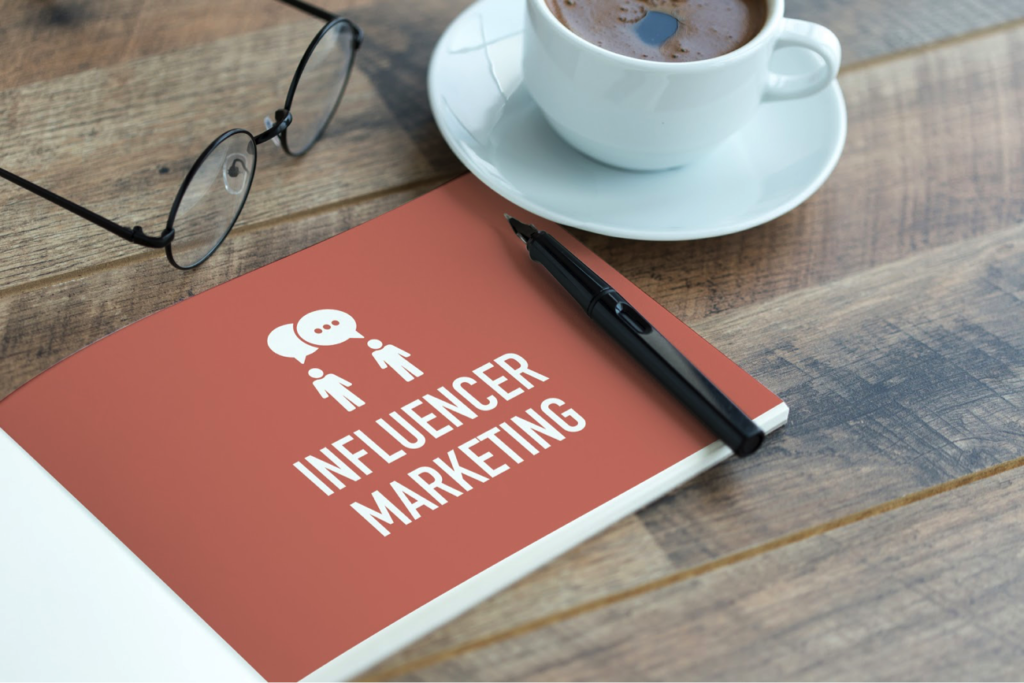The day that every social media manager had been dreading dawned one cold morning in January 2018. That was the day Facebook CEO Mark Zuckerberg announced he had resolved to “fix Facebook” after more than a year of scrutiny over fake news and political bubbles.
Part of the Facebook brain trust’s plan to right the ship involved major changes to the algorithm that dictates what appears in users’ News Feeds. It would shift to prioritize posts from family and friends over content from brands and business Pages, foreshadowing potentially drastic declines in reach and engagement. As Adam Mosseri, head of News Feed, explained in a post:
“Because space in News Feed is limited, showing more posts from friends and family and updates that spark conversation means we’ll show less public content, including videos and other posts from publishers or businesses.
As we make these updates, Pages may see their reach, video watch time and referral traffic decrease. The impact will vary from Page to Page, driven by factors including the type of content they produce and how people interact with it. Pages making posts that people generally don’t react to or comment on could see the biggest decreases in distribution. Pages whose posts prompt conversations between friends will see less of an effect.”
The announcement embodied every social marketers’ worst nightmare. It was unclear how this new directive would affect paid social strategy. It was also confusing. For some time, Facebook had been pushing features like ad targeting and Instant Articles that benefited brands and publishers. With the changes to the News Feed algorithm, it seemed like Facebook had turned its back on Pages.
A few months have passed since the new algorithm began to roll out. Here, we examine how the changes have impacted brands and businesses on Facebook. We also explore what we have learned so far in this new frontier.
What We Feared Would Happen with the Facebook News Feed Algorithm Changes

Facebook’s role in the outcome of the 2016 election as a gateway for fake news and tampering by foreign entities was the main motivator in the social network’s sweeping resolutions for 2018. It’s worth noting that mere months after the revamp of the News Feed algorithm was announced, Facebook landed in hot water yet again when news of the Cambridge Analytica data breach broke – but that’s a whole other story for another day, and yes the fallout will likely impact how digital marketers plan their social strategy.
It seems like whenever Facebook is in trouble, brands and businesses are punished. This is especially true for those that had come to rely on the network as a vehicle for reaching consumers. According to Adweek, the publisher Little Things, a purveyor of feel-good content, shut down following the algorithm changes because the site depended on its 17.2 million Facebook fans having quick and easy access to its content via News Feed.
Shuttering a site is a worst-case scenario, but brands and businesses will have to watch out for other consequences. With the likely decrease in organic reach, pages that want to push their content will have to pay and the prices for ads could rise. This could create big problems for small businesses that had previously seen success with Facebook’s tightly targeted advertising.
Another concern for brand and publisher Pages is how the new algorithm affects boosted page posts. Even a boost budget isn’t enough to put posts in front of consumers if the posts don’t prompt engagement. Thus, paid post reach suffers and boosting posts can become a waste of money. It is important for brands and publishers to evaluate the type of content they plan to boost and allocate their budget to amplify posts that the new algorithm will actually pick up.
Despite Difficulties, It’s Not All Negative for Facebook Pages
The last few months haven’t been easy for brand and publisher Pages, but it hasn’t been a completely negative experience.
First, the updated News Feed algorithm that began to roll out in January has had no effect on Facebook ads, as engagement plays only a small role in Facebook ad auction rankings. Marketers already working with Facebook ads have a leg up over those who were relying on organic reach. In fact, the decline of organic reach means ads may gain visibility when served in less cluttered News Feeds.
Furthermore, it’s still critical for brands and businesses to create compelling, high quality ads. When designing campaigns, marketers must focus on “thumb-stopping” creative and messaging that will force users to stop scrolling and pay attention. Anything less than high quality costs advertisers more, especially for creative that features text. Test your creative with Facebook’s text overlay tool before launching your campaign – if there is too much text, the ad won’t run.
With the emphasis on high quality ads comes a focus on conversions over awareness. BetaKit theorizes that Pages that run successful conversion-based campaigns will signal “user value” to Facebook’s algorithm and be rewarded for relevance.
Additionally, the new algorithm lends itself to influencer marketing. As Forbes writes,
“While this recent algorithm change diminishes the ability for brands to organically interact with those who follow their pages, it doesn’t negatively affect the interaction between content creators with large audiences and their followers. In fact, the change increases the likelihood of interactions by reinforcing connections between actual people and influencers.”
Brand and business pages that partner with influencers can capitalize on the latters’ followers. After all, an influencer is essentially a glorified content creator that continually makes connections and engages with followers, which is exactly the strategy that is meant to succeed under Facebook’s modified News Feed algorithm.

Looking to the Future: Finding Success Despite Facebook News Feed Algorithm Changes
By now, savvy social marketers have stopped despairing over the Facebook News Feed algorithm changes and look toward the future.
For some brands and businesses, success means diversification across all social platforms. Adweek recounts how some publishers are branching out beyond Facebook:
- Buzzfeed expanded its popular “Tasty” channel to YouTube, Snapchat Discover and a standalone app;
- The Dodo, an animal-focused video publisher, found success monetizing videos on YouTube;
- TheSkimm has invested in its newsletter, app and audio and visual as points of entry in addition to fostering its Facebook following;
- Bleacher Report turned to Snapchat for its coverage of the highly anticipated 2017 boxing match between Floyd Mayweather Jr. and Conor MacGregor.
For others – especially small businesses and startups – success in digital marketing means producing more owned media. Think blogs and email marketing. Write the content that matters to your customer base, and deliver it in a way that allows them to opt-in. This means they want to hear from you and are therefore more likely to consume (and ultimately convert!).
Though diversification is key to success, Facebook’s role in digital marketing isn’t going to simply disappear. Brands and businesses have to rethink the way they market on Facebook. As stated previously, Facebook advertising is still effective, and can be used to validate markets and funnels.
Small businesses should consider leveraging the CEO’s Facebook page to connect with consumers. It may hold more sway than a company page in this new age of Facebook.
Finally, businesses and brands of all sizes must take user experience into account when working with Facebook advertising. Everything from ad quality to landing page speed plays a role in the success of an advertising campaign.
Conclusion
Facebook is a finicky platform. It doesn’t seem fair that even as the social media giant wades through controversy brands and publishers have to scramble to keep up with sweeping changes that – at worst – can result in shuttered sites and – at best – lead to an overhaul of social strategy.
But as Betakit notes, the reason behind the modified News Feed algorithm all boils down to this:
“If these changes go as planned, users will spend less time mindlessly scrolling and watching videos and more time interacting with friends and family, reading relevant and community-based content, and their timelines should become less cluttered with spam and brand posts. This will result in more valuable time on site.
Brands and advertisers need to improve their game… avoid the strategies and tactics that Facebook is attempting to discourage. When you create ads or write content, focus on the specific user. Ask yourself how they’d like to interact with you in feed. Stop focusing on CPMs and engagements and drive actual business results. Most importantly, be experimental and don’t treat your brand so preciously. You can’t predict what will drive growth, you can only take enough shots to uncover it.”
Time will tell if the Facebook News Feed algorithm changes result in a better experience for users, brands and publishers. In the meantime, all digital marketers must be nimble and adaptable to meet these updates head on. Learn to craft a paid social media strategy that can withstand this fickle industry.





